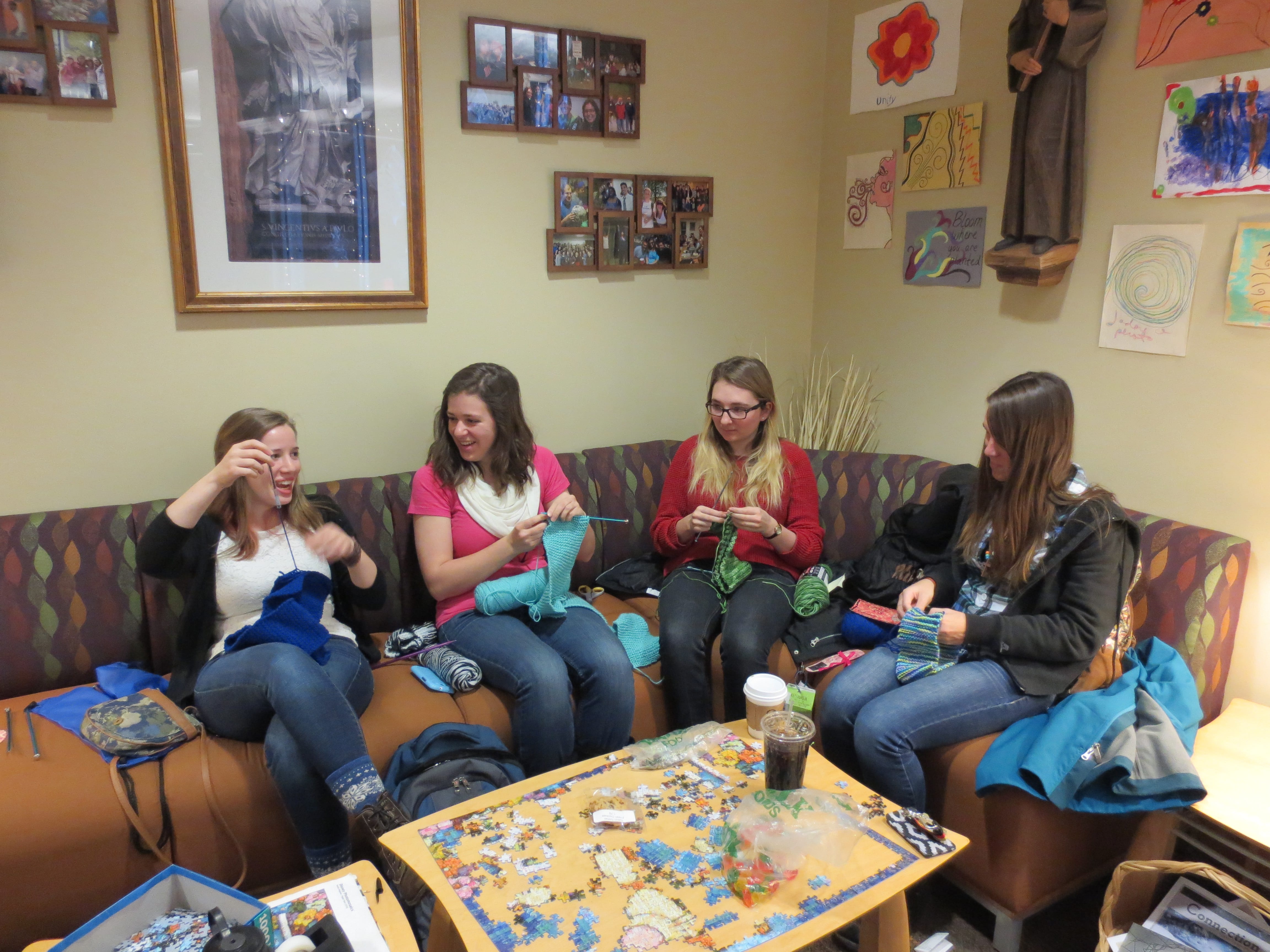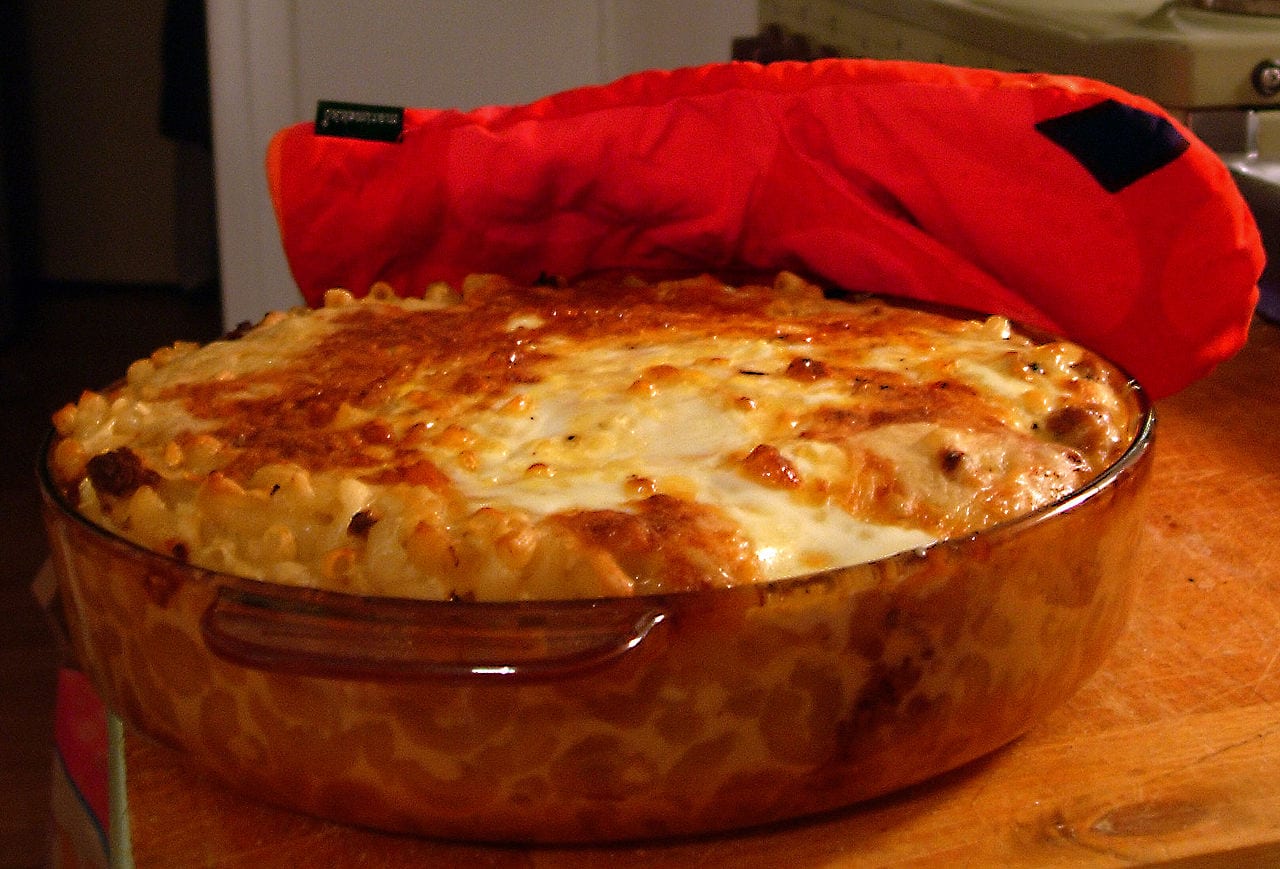
“Kindness is the key to hearts.”[1]
—Saint Vincent de Paul
Last week (and every year on January 25), on the Catholic feast day of the conversion of Saint Paul, Vincentians around the globe celebrated what we have come to know as Foundation Day. Vincent de Paul remembered this day as the critical moment when his mission began, the day he gave a powerful sermon at the church in Folleville, France. The sermon came in large part from his lived experience of witnessing the great need among the rural poor for material and spiritual care, and most likely, after hearing the probing question of Madame de Gondi—“Vincent, what must be done?”
What I always find interesting and so very appropriate is the Catholic feast day that falls each year on the day before our Foundation Day, on January 24. This day is celebrated each year as the feast day of Saint Francis de Sales, a spiritual giant and contemporary of Vincent de Paul. Francis clearly had a deep and transformational impact on Vincent and on the way that Vincent eventually came to understand and practice spirituality in the latter part of his life. “Vincent I,” the person Vincent was in the first part of his life, was by all reports what we might call an average and (at times) self-serving priest, who then transformed into “Vincent II,” the person who came to be regarded by many as a saint.[2] In addition to the pivotal events of 1617, which many have deemed as the turning point from “Vincent I” to “Vincent II,” it seems quite clear that Francis de Sales contributed significantly to shaping the spiritual framework of the transformation that took place in Vincent de Paul.
Saint Francis de Sales, the bishop of Geneva, was highly regarded and well known in Vincent’s time and he continues to be famous for his practical application of the spiritual life to everyday life and relationships. At the very least, Francis’s pragmatic spirituality clearly had a marked resemblance to what emerged as the spiritual vision of Vincent de Paul. This vision solidified after their face-to-face encounters in Paris beginning around November 1618. It was then that Francis came to Paris for a ten-month period on business. And, indeed, Francis’s influence is reflected by the particular ways in which Vincent continued to grow and express himself spiritually in the second half of his life.
Vincent helped to petition the pope for Francis’s beatification nearly forty years later. What seemed to impress Vincent—and most people—about Francis de Sales was his kind and gentle spirit. According to Vincent, the two “had the honor of enjoying [a] close friendship.”[3] Vincent is reported to have called Francis “a living gospel.”[4] Known for the now popular spiritual advice that “a spoonful of honey attracts more flies than a barrelful of vinegar,” Francis preached the way of gentleness in relationships, recognizing that our everyday encounters with others are the consummate opportunity to practice love and to grow in virtue. Later, we see the emergence of Vincent’s emphasis on the virtue of “meekness,” which has been translated as becoming “approachable” by and for others. Vincent had previously noted that Francis “made himself accessible to all, without distinction—religious as well as secular and laypersons—who came to consult him …”[5] Additionally, Francis was known to have emphasized the importance of spiritual zeal and humility, which are virtues that Vincent eventually identified as foundational to his vision for the Congregation of the Mission.
Louise de Marillac was also someone who held Francis in high esteem. The quote from Vincent shared above about kindness occurred while he was speaking to the Daughters of Charity about the practice of mutual respect and gentleness in their interactions with others, particularly with those who are poor and whom we wish to serve. He suggested such virtues must be characteristic of all those seeking to practice this mission of charity and care for those in need.
Vincent de Paul was a unique person who initiated a great mission that we continue to live and benefit from today. We remember him now as a saint, as one to emulate. We look to his example for inspiration and guidance as we continue to carry forward his legacy and mission in our work at DePaul University.
And, at the same time, no human being grows into the fullness of their identity and vocation without others who support, inspire, and mentor them along the way. We, like Vincent, most commonly gain and sustain a vision for our own life through the relationships and vocational narratives that we have been blessed to encounter along the way.
Reflection Questions:
- In what ways do kindness and gentleness resonate with you in relation to what you have come to know about living our Vincentian mission at DePaul? How might you integrate them more intentionally into your daily interactions?
- Who are foundational spiritual influences in your own life?
Reflection by: Mark Laboe, Associate VP for Mission and Ministry
[1] Conference 27, “The Practice of Mutual Respect and Gentleness,” August 19, 1646, CCD, 9:207.
[2] Hugh O’Donnell, C.M., touches on this idea in Frances Ryan, D.C., John E. Rybolt, C.M., eds., Vincent de Paul and Louise de Marillac: Rules, Conferences, and Writings, Classics of Western Spirituality (Paulist Press, 1995), 15ff.
[3] Document 29, “Deposition at the Process of Beatification of Francis de Sales,” (April 17, 1628), CCD, 13a:81.
[4] James Dyar, “‘To listen like a Disciple’ (Is. 50:4),” Colloque 9 (1984), at We are Vincentians: The Vincentian Formation Network, Know More to Serve More (blog), July 12, 2016, http://vincentians.com/en/to-listen-like-a-disciple-is-504/. Citation refers to the blog post.
[5] Document 29, “Deposition at the Process of Beatification of Francis de Sales,” (April 17, 1628), CCD, 13a:83.


